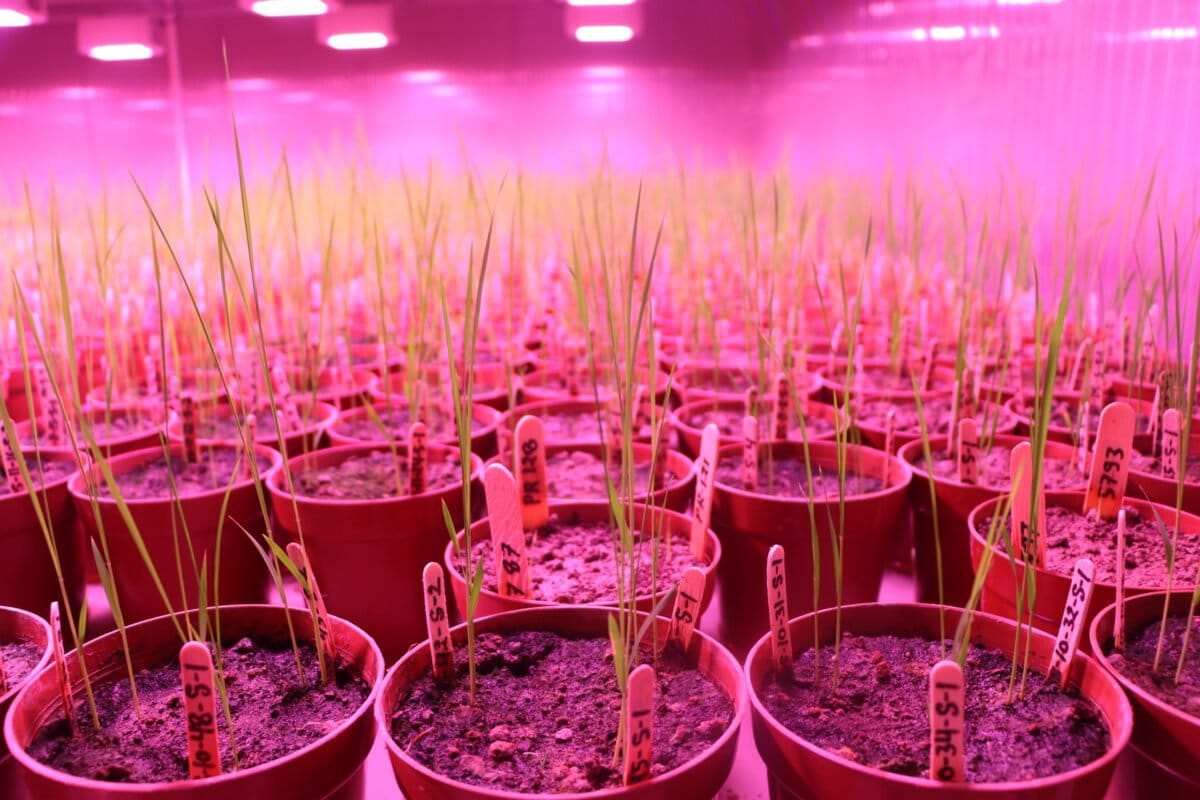This week’s environment and conservation news stories rolled into one.
Subscribe to our YouTube channel to watch the latest high quality, original video stories from nature’s frontline in India.
To receive a weekly email roundup of stories, please sign-up for our newsletter.
These Goan villages want to be recognised for their natural resources
The residents of Loliem village in southern Goa are doing everything they can to control the fate of their lands.
South Goa tourist hubs found highly vulnerable to climate change
Tourist hubs of Agonda and Palolem were ranked most vulnerable both in the social and physical sphere.
Record heat is worsening pollution and public health in the Global South
Escalating climate change is expected to exacerbate air pollution and worsen public health.
Audit report flags issues with projects on the Tamil Nadu coast
The Comptroller Auditor General of India found that the Tamil Nadu State Coastal Zone Management Authority cleared projects for development despite not being authorised to do so.
Indigenous turtle-safe fishing devices help India tackle U.S. shrimp ban
A Turtle Excluder Device, made in India, receives approval from the U.S. raising hopes that the five-year ban on wild-caught shrimp be lifted soon.
Designed to suit Indian conditions and in line with international standards, the indigenous TED ensures the prevention of turtle bycatch with no shrimp catch loss.
Indian taxonomist forays into the uncharted waters of meiofauna
Taxonomist Jini Jacob received the Ocean Census Awards 2024 for her work documenting over 60 novel nematode species.
Nematodes or roundworms make up a majority of the marine meiofauna — minute invertebrates that reside at the bottom of a body of water, marine or freshwater.
A regional hub in the Himalayas to reduce risks from climate-induced disasters
A disaster risk reduction hub for the Hindu Kush Himalayas, was inaugurated last month, to safeguard communities, infrastructure, and ecosystem services from the increasing frequency and intensity of disasters.
[Explainer] How did India phase out ozone-depleting substances and what lies ahead?
As 2024 came to a close, India phased out the use of HCFCs, an ozone-depleting substance, in manufacturing new equipment.
[Explainer] What are habitat rights?
Habitat rights are important from the perspective of climate change as they help indigenous communities preserve local biodiversity.
New study proposes roadmap to conserve the clouded leopard
The clouded leopard keeps Asia’s forests healthy by regulating populations of gibbons, macaques, small deer, and wild boars.
























